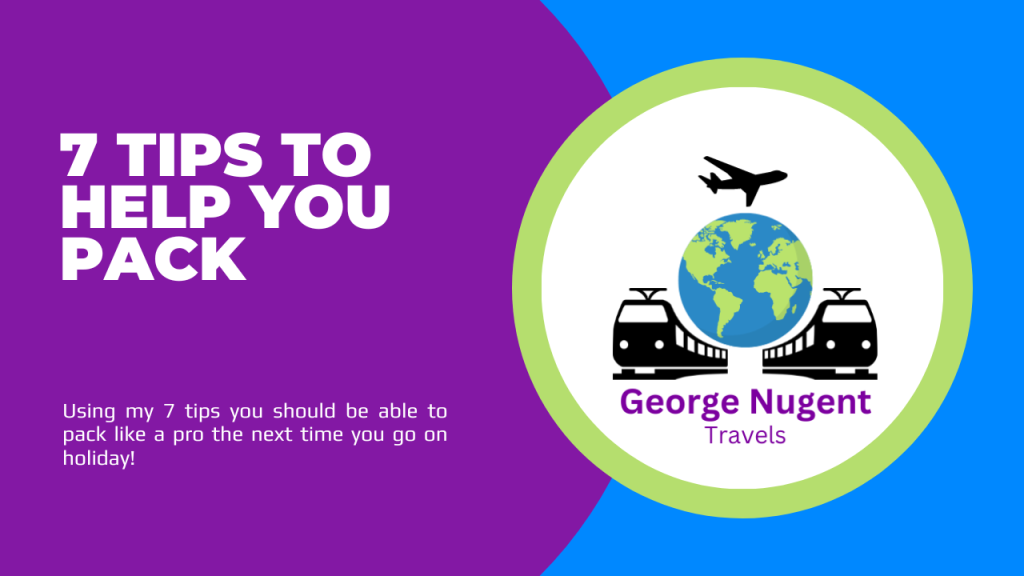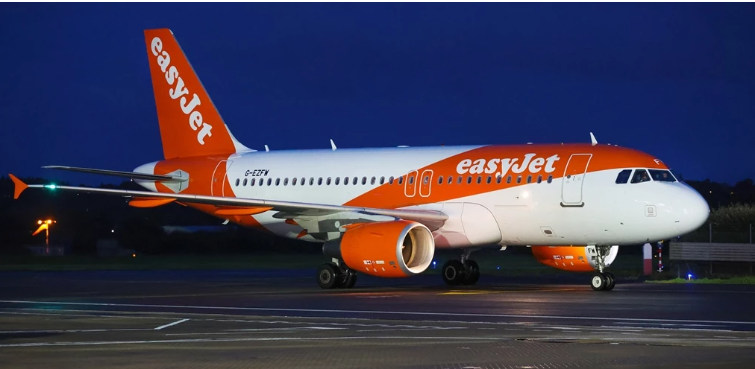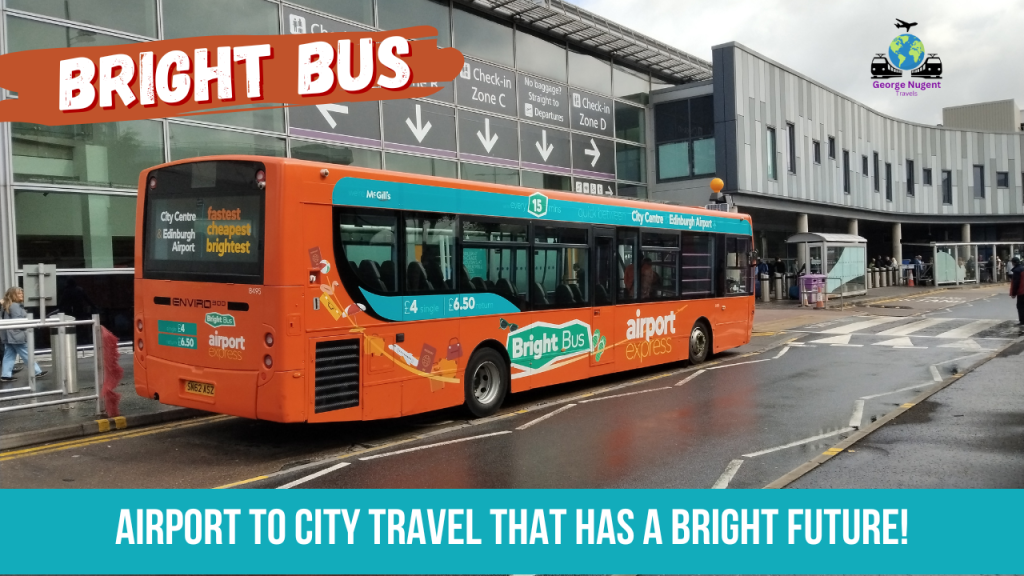Packing for a trip can be both exciting and overwhelming (I still hate packing for trips). Whether you’re embarking on a weekend getaway or a long-term adventure, smart packing can make a significant difference in your travel experience. To ensure you’re well-prepared and stress-free, here are seven essential things to consider when packing for your next journey.
- Destination and Changing Weather Patterns
First and foremost, consider your travel destination and the weather you’ll be encountering. Make sure you pack appropriate shoes and clothing for the weather in your destination, but it does not hurt to pack a lightweight waterproof jacket in your bag just in case the weather ends up changing – it happens, you would rather have it and not need it than not have it and need it.
- Trip Duration
The length of your trip plays a crucial role in determining the amount of items you need to pack. As a general rule I use the following guide for knowing what type of bag I need to take.
- Less than 7 days: It can usually fit into a backpack if I pack efficiently.
- Between 7 and 10 days: A regular sized cabin bag is ideal for me
- More than 10 days: I would consider the possibility of a checked in bag.
That is what I use as a solo traveller, but it might vary for you, the best way to find out is to start packing.
- Consider Activities While on Holiday
If you know you will be swimming, then pack swimming stuff. If you are going hill walking then pack stuff for that.
Ultimately, it helps to have a rough guide of what you will be doing when you are travelling so you can pack accordingly.
- Baggage Restrictions
Before you start packing, check the baggage restrictions of your chosen airline or mode of transportation. This will help you avoid extra fees and make sure you don’t get hit with a hefty fine at the gate for having a bag that is too big.
- Essential Travel Documents
Keep all important travel documents, such as passports, visas, identification, and travel insurance, in a safe and easily accessible place. Consider taking a photo of your passport and make sure it is easily accessible.
REMEMBER: Since Brexit the rules for UK travellers entering the EU has changed. You must make sure your passport satisfies BOTH of these requirements.
- It is less than 10 years old (check the start date)
- Has at least 3 months validity after leaving (check the expiry date)
You are also now subject to limits on how long you can remain in Europe, this is complex so read this next section very carefully.
- The EU has a common set of visa rules which apply to short stays (that is up to 90 days in any 180-day period) and for transit through international transit areas of airports in the Schengen area. These rules apply in 27 European countries: 23 EU countries: Austria, Belgium, Croatia, Czechia, Denmark, Estonia, Finland, France, Germany, Greece, Hungary, Italy, Latvia, Lithuania, Luxembourg, Malta, Netherlands, Poland, Portugal, Slovakia, Slovenia, Spain and Sweden as well as 4 non-EU countries: Iceland, Liechtenstein, Norway and Switzerland.
- EU visa rules do not apply in full to Bulgaria, Cyprus and Romania. This means that you have a separate 90 day limit for these countries (if you spend 7 days in Germany you would still have 90 days in Bulgaria, Cyprus and Romania)
- No EU visa rules apply to UK travellers going to Ireland – you can visit Ireland for as long as you want with no limits.
If you are unsure how long you have left of your visa free allowances you can use the following website to help you calculate your remaining allowance.
All information correct as of 20:11 on August 7th 2023
- Pack Your Electronics and Chargers
Bring only the necessary electronics, such as your smartphone, camera, and maybe a laptop or tablet if required. Don’t forget to pack their corresponding chargers and power adaptors suitable for your destination’s electrical outlets.
Remember, any electronics that contain lithium ion batteries must be packaged in a cabin bag and cannot be checked into the hold of an aircraft.
- Remember and Leave Room for Stuff You Buy
You will likely buy things when on holiday, so make sure you have some spare room to carry them home, it saves having to buy another bag when abraod.
If you do purchase another bag make sure you have paid for the baggage allowance to take it home with you, this is always cheaper if paid for in advance either online or via an airline app.
Final Thoughts
Packing is always the worst part of any trip, especially when coming home. Hopefully these seven tips will help you the next time you come to packing.
Remember, this is just the list I use, you may have other things that work for you. Make sure you double check that passport and apply for a new passport if required as soon as possible.
Support Our Content
If you enjoy our content and would like to continue to see more from us then we would greatly appreciate any small donations to our “buy me a coffee” page. Any donations will be reinvested into our content and will be greatly appreciated.





Leave a comment